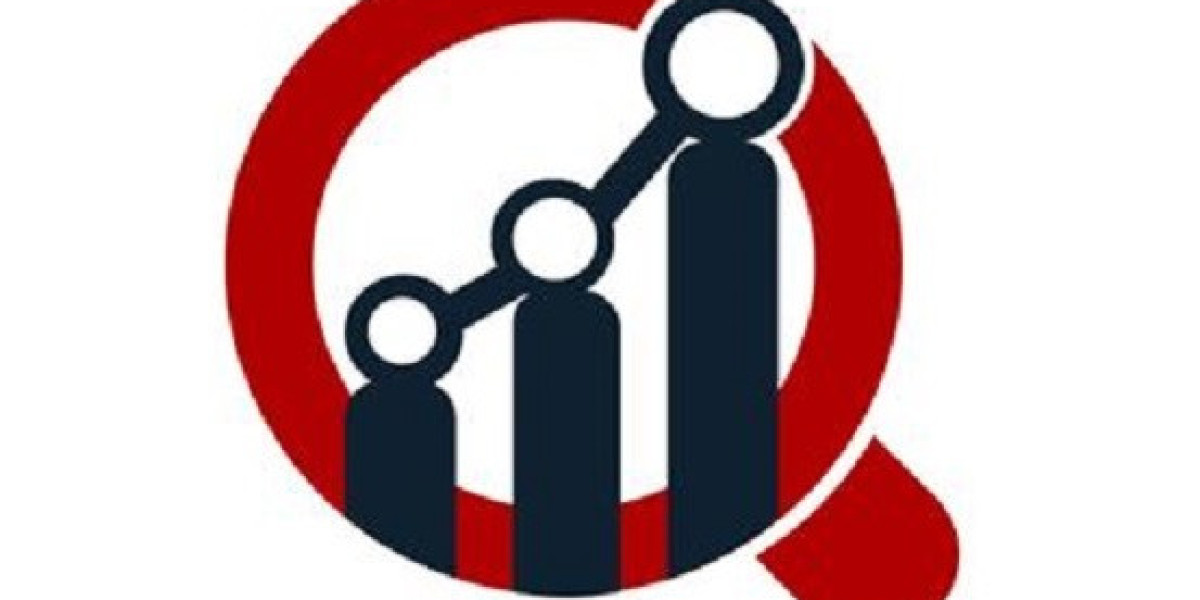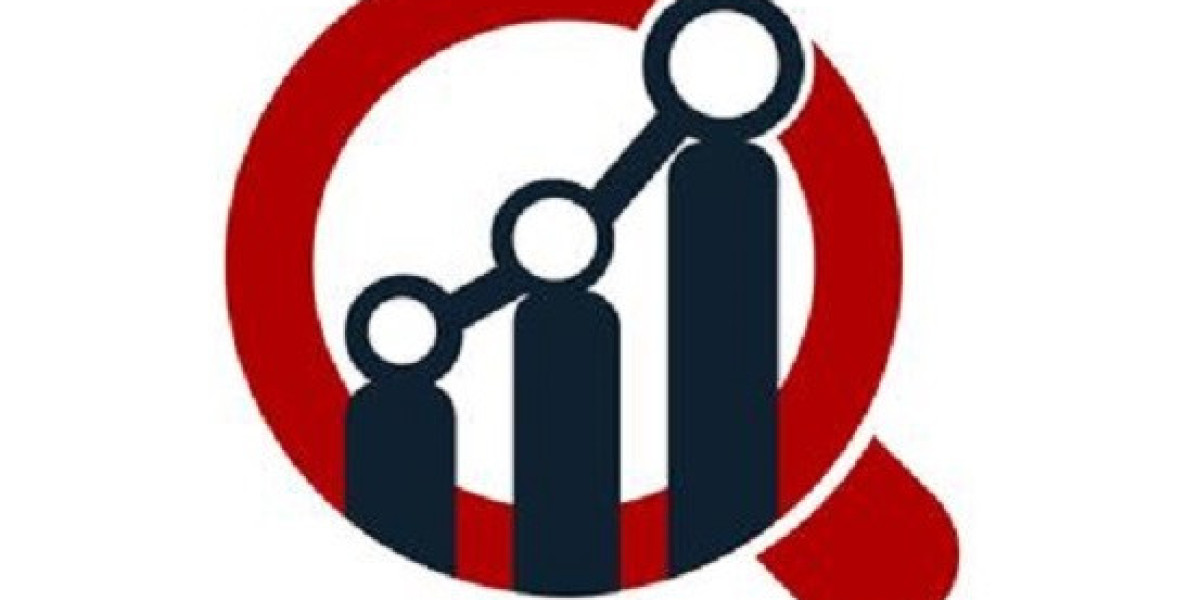Herbal Tea Market is poised for remarkable growth, expected to reach a value of USD 7,693.5 million by 2033, exhibiting an impressive 7.3% CAGR, starting from USD 3,962.7 million in 2023.
The increasing demand for organic and naturalss products presents a significant growth opportunity for the herbal tea market. However, the market faces strong competition from other beverages such as coffee, traditional tea, and juices.
With new companies continually entering the herbal tea sector, the competition to establish a leading position is intensifying, posing a challenge to market dominance.
Market Opportunities
Customers are becoming health-conscious nowadays and demanding natural and healthy products, so herbal tea is an excellent fit for them as it is made with natural ingredients and has many health benefits. There is also a rise in e-commerce, which creates a perfect opportunity to reach customers of the herbal tea market.
Herbal tea has many benefits, such as reducing stress, improving sleep, boosting immunity, improving digestion, and weight loss. With this, the demand for herbal tea is increasing daily. Herbal tea blends are in demand by customers, and customers are looking for new ways to enjoy herbal tea.
Key Takeaways
- The industry has maintained an excellent CAGR of 7.3% from 2023 to 2033, indicating a consistent upward trajectory and favorable prospects for the market.
- The global herbal tea industry is on track to flourish and reach a remarkable revenue milestone of US$ 7,693.5 million by 2033.
- United States demonstrated dominance by capturing a substantial 21.7% share of the herbal tea market, outperforming competitors.
- Germany established itself as a leader with a significant market share of 7.8% in the herbal tea market.
- Japan showcased its competitive edge by capturing a substantial 3.5% market share in the herbal tea industry.
- India positioned itself as a key player in the herbal tea market, capturing a significant market share of 6.4%.
Competitors Winning Strategies
Competitors in the herbal tea market are making new products with new flavors, blends, and attractive packaging. This gives customers a variety of options to choose what they want. They are making their brand so that customers can easily recognize their product as well as they can trust.
They are also doing marketing with helps the customer in raising awareness of herbal tea. They are running their advertisements on many platforms to get more new customers.
Nestle, The Republic of Tea, Stash Tea, and Barry’s Tea are some of the leading competitors of the herbal tea market.
Recent Developments:
- Tata Global Beverages: Tata Global Beverages released an innovative brand of herbal teas named “Teavana Wellness Teas.”
- Unilever: Unilever purchased Pukka Herbs Ltd., a famous herbal tea firm. This purchase will assist Unilever to extend its offering of natural and organic goods.
- Associated British Foods: Associated British Foods said it will invest $10 million in its herbal tea business. This money will enhance the company’s manufacturing capacity and create new goods.
- Mountain Rose Herbs: Mountain Rose Herbs developed a new range of single-origin herbal teas. These teas are prepared using herbs that are acquired from a particular place, which guarantees that they have a constant taste and quality.
Get in Touch for Expert Analysis: Connect with Our Specialist on Email: sales@futuremarketinsights.com
Key Segments Profiled in the Herbal Tea Industry Survey
Herbal Tea Market by Raw Material Type:
- Black Herbal Tea
- Green Herbal Tea
- Yellow Herbal Tea
Herbal Tea Market by Product Type:
- Herbal Tea Instant Premixes
- Liquid Herbal Tea
- Powdered RTD Herbal Tea
- Herbal Tea Syrup
Herbal Tea Market by Flavor Types:
- Lemongrass Herbal Tea
- Peppermint Herbal Tea
- Fruit Herbal Tea
- Hibiscus Herbal Tea
- Ginger Herbal Tea
- Chamomile Herbal Tea
Herbal Tea Market by Packaging Type:
- Herbal Tea Can Packaging
- Herbal Tea Carton Packs
- Herbal Tea Bags
- Herbal Tea Paper Pouches
- Loose Herbal Tea
Herbal Tea Market by Region:
- North America Herbal Tea Market
- Latin America Herbal Tea Market
- Europe Herbal Tea Market
- Asia Pacific Herbal Tea Market
- Middle East and Africa Herbal Tea Market















